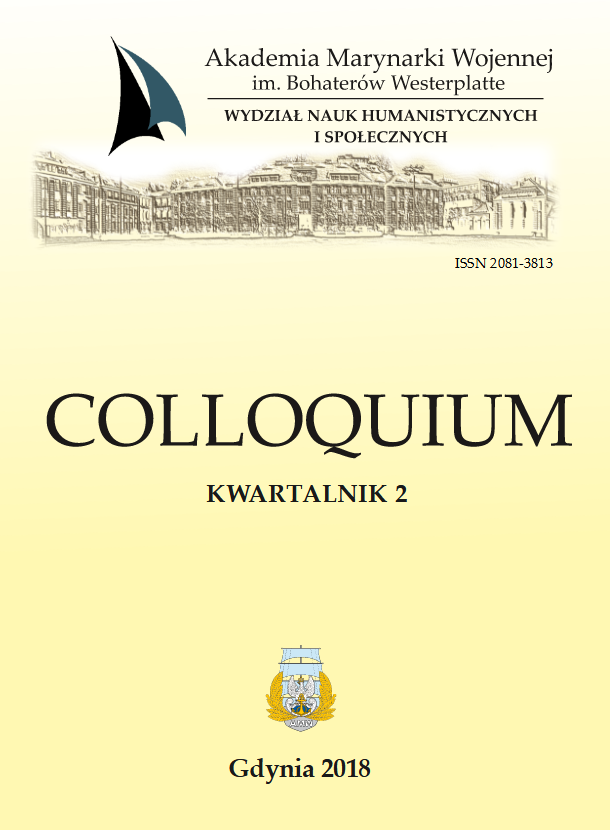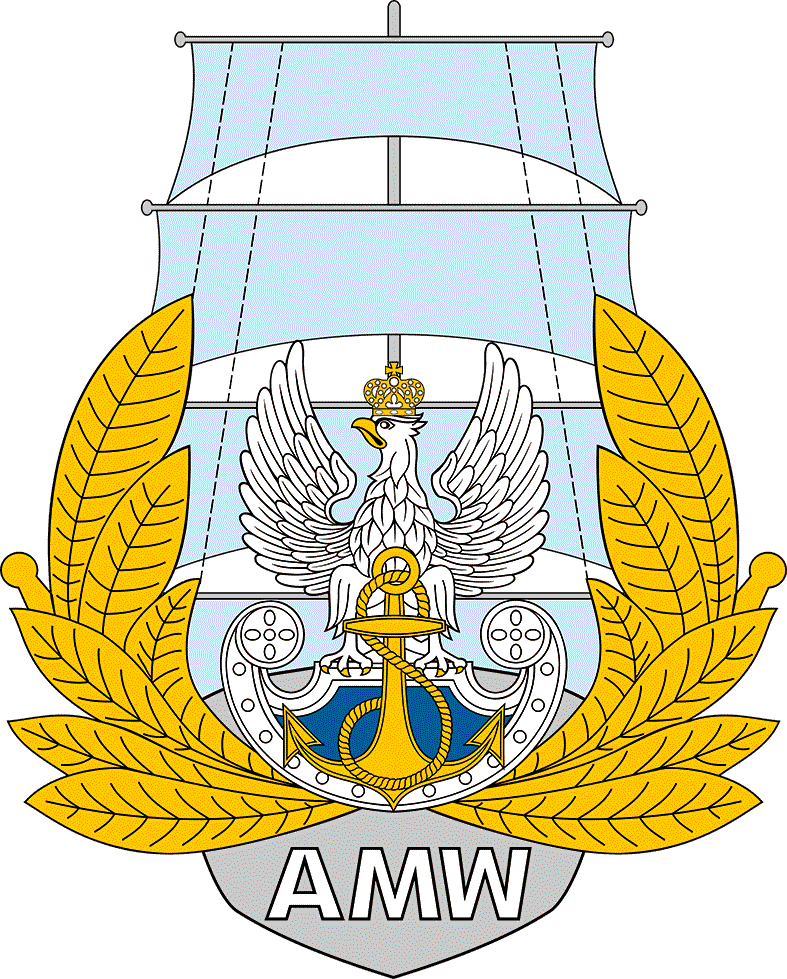HUNGER AND EXCESS. FOOD CONSUMPTION IN PRUSSIA IN THE 19TH AND THE BEGINNING OF THE 20TH CENTURY
Keywords:
poor harvest, food consumption, potatoes, drugs, alcoholAbstract
There was a breakthrough in the scope of nutrition in the half of the 19th c. in Prussia. There was a revolutionary “delocation” of the nutrition system, so the connection between nutrition and place of residence (I eat only what was produced in my place of living). This meant the end of local famine due to food transport by train and transoceanic steamships. Thanks to fertilizing and cattle breeding as well as new crops, despite the increase in population number, the production and the consumption of food rocketed. The consumption in Prussia between 1850 and 1900 increased by 113%, the consumption of wheat by 147% and the consumption of rye by 24%. In 1800 potatoes constituted 10% of crop production in Prussia and in year 1883 it equaled 71%. The consumption of potatoes and sugar (sugar beet) was popularized. Among the middle-class members, a modern cuisine and its dishes were shaped as well as eating habits which to a large extent have been present today and understood as the national cuisine. There was a huge variety of quality of food which was connected with material status and remuneration. In case of many workers, the food was poor and deprived of necessary nutrients. Particular difficulties occurred during economic crises, which some-times appeared to be dramatic (1914-1918, 1923-1924, 1929-1933). Generally, the real salaries grew dynamically, especially starting from the end of the 19th c., which made the 19th c. different from the more constant 18th c. In Prussia there was a variety in the level of food consumption connected with the higher economic level in the Western provinces. As it was commented by the king’s professor Schubert, 1/3 of rural population of Eastern Prussia ate potatoes only and resigned from bread as their main food. The situation of small holders and daily workers was the most difficult. Eastern rural province of Prussia had a problem with handling the overpopulation of small holders who were looking for a better place for living in emigration (Ostflucht, Landfluchtand even to America). It was later overcome.
Downloads
Published
Issue
Section
License
Copyright (c) 2018 Colloquium

This work is licensed under a Creative Commons Attribution-NonCommercial-NoDerivatives 4.0 International License.






